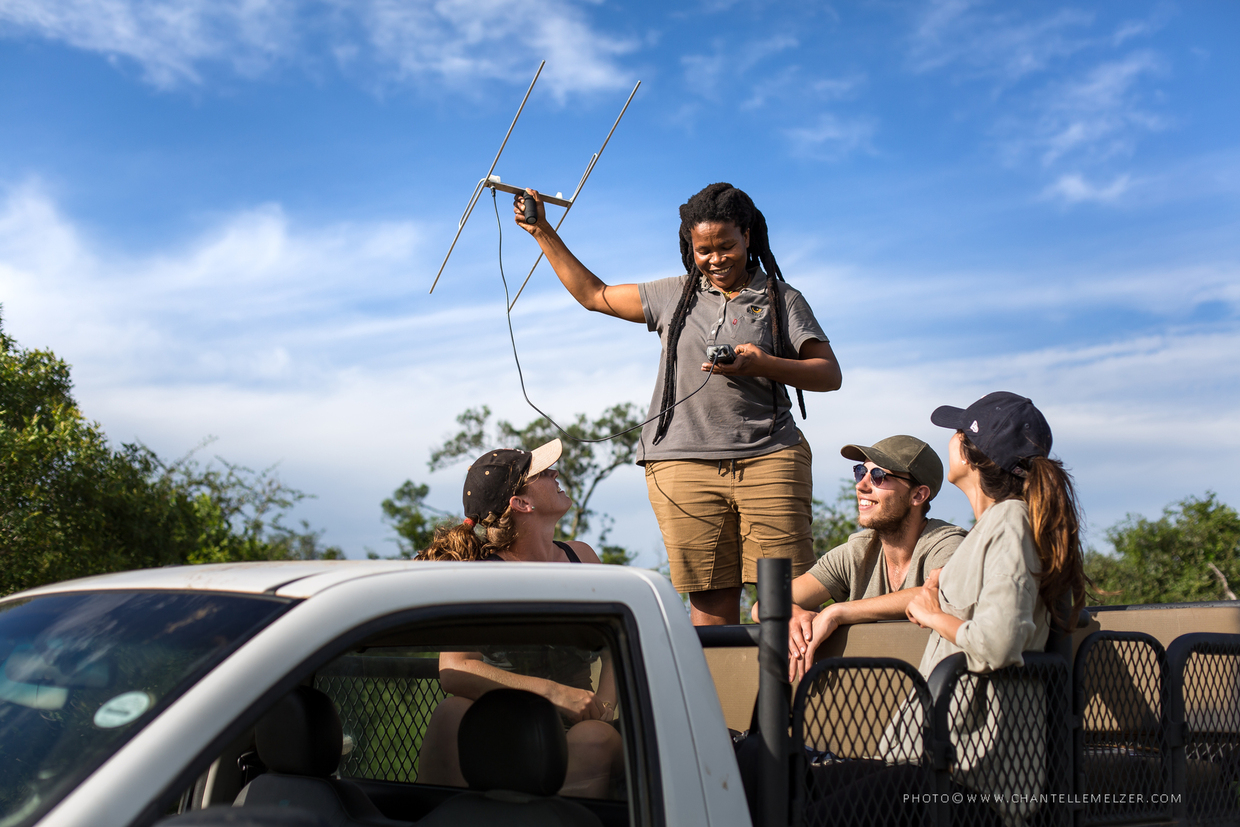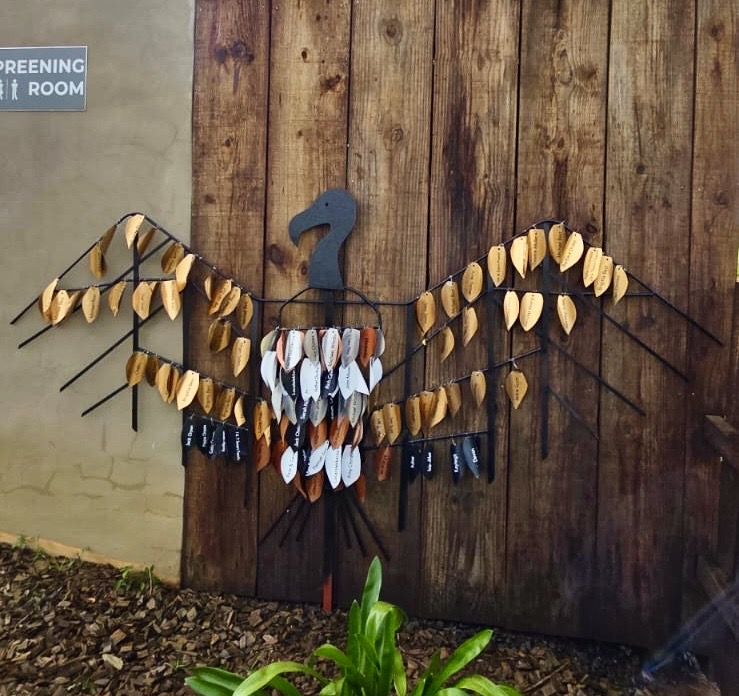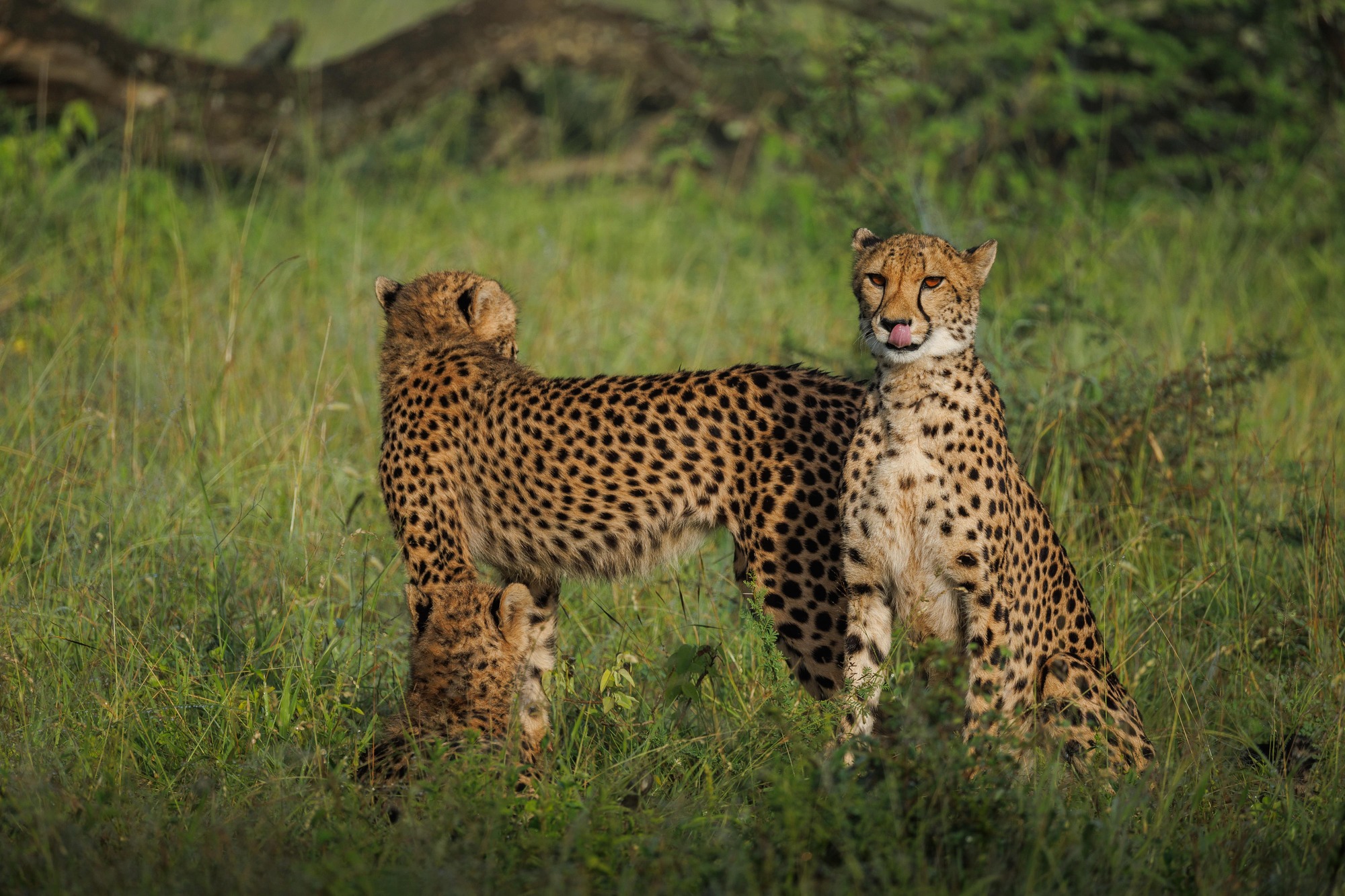Wildlife ACT’s Community Conservation Manager, Zama Ncube, has dedicated much of his life to better understand animal behaviour in the wild, and taking this knowledge and passion to bridge the gap between people and nature. His insights below, presented to a High Level Panel formed by the Department of Environmental Affairs, Forestry and Fisheries of South Africa, remind us of the core values that previous generations instilled to respect and protect our wildlife, highlighting our deep relationship with nature.

"If we care enough about our heritage and historical monuments, we wouldn't be sitting around this table discussing how are we going to sell ourselves to the other people or countries. We grow up knowing that animals were living among humans, with people respecting them as the part of their lives. Our Kings were named after them. Surnames come from them. Respective clothing for our Kings came from them. These Kings and our people were able to control how to hunt them if they had specific needs, managing this for many years, before the development of Parks.
For me, these animals are of more value to us in the wild - continuing to play their role in nature.
As a young person growing up next to wilderness areas, I witnessed free-roaming wildlife and the associated biodiversity. I feel strongly that if we lose these wild populations, we will be failing our Ancestors, undermining the hard work they have done in the past without ever grasping their true economic value. By focusing on intensive captive breeding, we move from the collective benefit, putting aside the well-being of the animals and the people living adjacent to these parks for the benefit of just a few.

I come from one of these very rural communities where I grew up hearing stories about waking up to find rhino and cows together in the kraal, where herders had to wait until the rhino moved off before they could continue taking the cows out. These values were entrenched in me and led me to my current space where I personally teach young people about the importance of these animals in the wild. I'm confident about this value because this work is supported by my elders.

I have examples of young people doing great things in life just because their fathers worked in the Parks as doctors, nurses, conservationists and lawyers. All these people benefited by having those animals in the wild where jobs were created for their respective elders.
Why are we negotiating how we are going to benefit from putting our wild animals in boxes? Why are we happily talking about destroying African heritage? I, personally, am against it. Let’s fight for our heritage in the wild and stop allowing others to criminalise our African continent."
Wildlife ACT’s Community Conservation Liaison’s are well-known and trusted in the communities, where they work tirelessly to raise and maintain support for wildlife conservation. You can help support the work they are doing by donating towards our Community Outreach Conservation Program.






.jpg)



%20(1).jpg)

